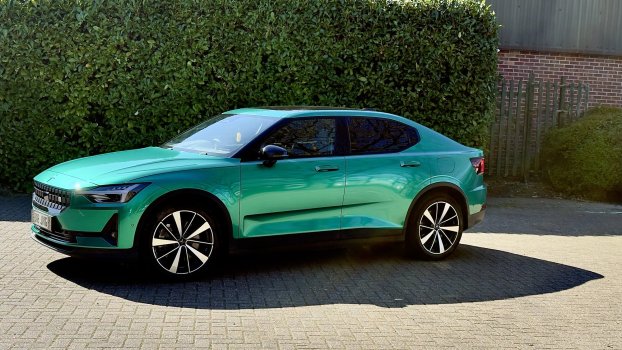70 lb is nothing. That is less than a passenger!
It's smaller and heavier. That's the main point.
The i3 is a lot smaller than the Civic, but still heavier.
An EV with similar dimensions to the Civic such as the Model 3 is 800 lb. heavier than it.
The Ioniq 5 is dimensionally similar to the RAV4 and at its lightest it is 4144 lb.
The Ioniq 6 is actually a mid-size sedan at its lightest is 3395 lb. which is decently impressive, but need the 340 mile range that jumps to 4222 lb.



